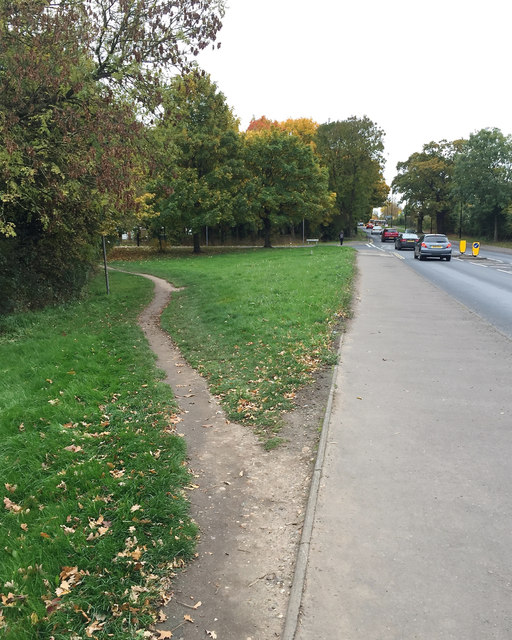4 Following and exploring

Sometimes when we are following someone else’s lead we pay less attention to what is happening along the way, as we try to keep up and value the same things as the person we are following. In this way the person leading is navigating us as the learners through to the end point. Sometimes the intentionality of the pre-determined endpoint can limit awareness and attunement to what is experienced and pedagogically important along the way. Ingold compares such navigation to negotiating a maze, arguing that:
We may still get lost in them [a maze], but that loss is experienced not as a discovery on the way to nowhere but as a setback in the achievement of a predetermined goal. We mean to get from here to there and are frustrated by wrong turns and culs-de-sac.
In contrast to the maze, Ingold argues we should consider education as wayfaring – that the journey is regarded as life, not just the getting there. In this view, instead of inducting learners into our navigation, where they experience and value only the importance of reaching our determined destination, we allow space and time for ‘ex-duction (drawing out) of the learner into the world itself’ (2015, p. 135). In this way, the learner is given the task of finding their way, exploring, experimenting, playfully observing and responding. This is much more akin to the co-creation of ‘desire lines’; paths that are made by individuals to reflect the places they want to walk, as shown in Figure 2.

 Reflection
Reflection
Reflect on creating the educational conditions for student ‘desire lines’ and consider your recent teaching.
1. How far do you think you create the conditions for learners to find their way, explore, experiment, play, observe and respond to their own desire lines within the learning?
2. What are the challenges of this approach?
3. What would need to change to enable this type of learning to occur?
Such wayfaring, by its very nature, can become transdisciplinary. When learners become less tied to the disciplinary boundaries, languages, concepts and processes, they are set free to work out what would be the most applicable approach for any given situation, which may move them beyond disciplinary constraints. As noted by UNESCO, this involves considering the very meaning and nature of what it means to learn.
Constructing a new social contract means exploring how established ways of thinking about education, knowledge and learning inhibit us from opening new paths and moving towards the futures we desire. Merely expanding the current educational development model is not a viable route forward. Our difficulties are not only the result of limited resources and means. Our challenges also stem from why and how we educate and the ways we organize learning.
UNESCO summarise their proposal for renewing education in the box below.
Proposals for renewing education
Pedagogy should be organized around the principles of cooperation, collaboration, and solidarity. It should foster the intellectual, social and moral capacities of students to work together and transform the world with empathy and compassion. There is unlearning to be done too, of bias, prejudice, and divisiveness. Assessment should reflect these pedagogical goals in ways that promote meaningful growth and learning for all students.
Curricula should emphasize ecological, intercultural and interdisciplinary learning that supports students to access and produce knowledge while also developing their capacity to critique and apply it. Curricula must embrace an ecological understanding of humanity that rebalances the way we relate to Earth as a living planet and our singular home. The spread of misinformation should be countered through scientific, digital and humanistic literacies that develop the ability to distinguish falsehoods from truth. In educational content, methods and policy we should promote active citizenship and democratic participation.
 Reflection
Reflection
Enacting a renewed education.
1. How would you apply the UNESCO proposals to a recent activity for learners you prepared/delivered/experienced?
2. What are the main challenges you can identify?
 Explore
Explore
Reimagine learning using the following Thousand Shades of India (TSOI) case study.
![]() Watch the ‘Learning Reimagined’ video up to 12 minutes and note how it meets the UNESCO proposals.
Watch the ‘Learning Reimagined’ video up to 12 minutes and note how it meets the UNESCO proposals.
‘Learning Reimagined! − TSOI Documentary (Project Defy)’
3 Attunement and attentionality
